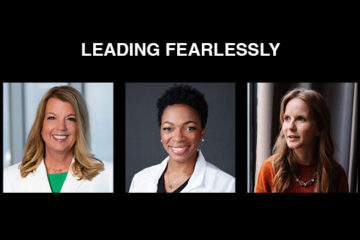Leading Fearlessly: Mentorship doesn’t have to conform to gender lines – and it shouldn’t
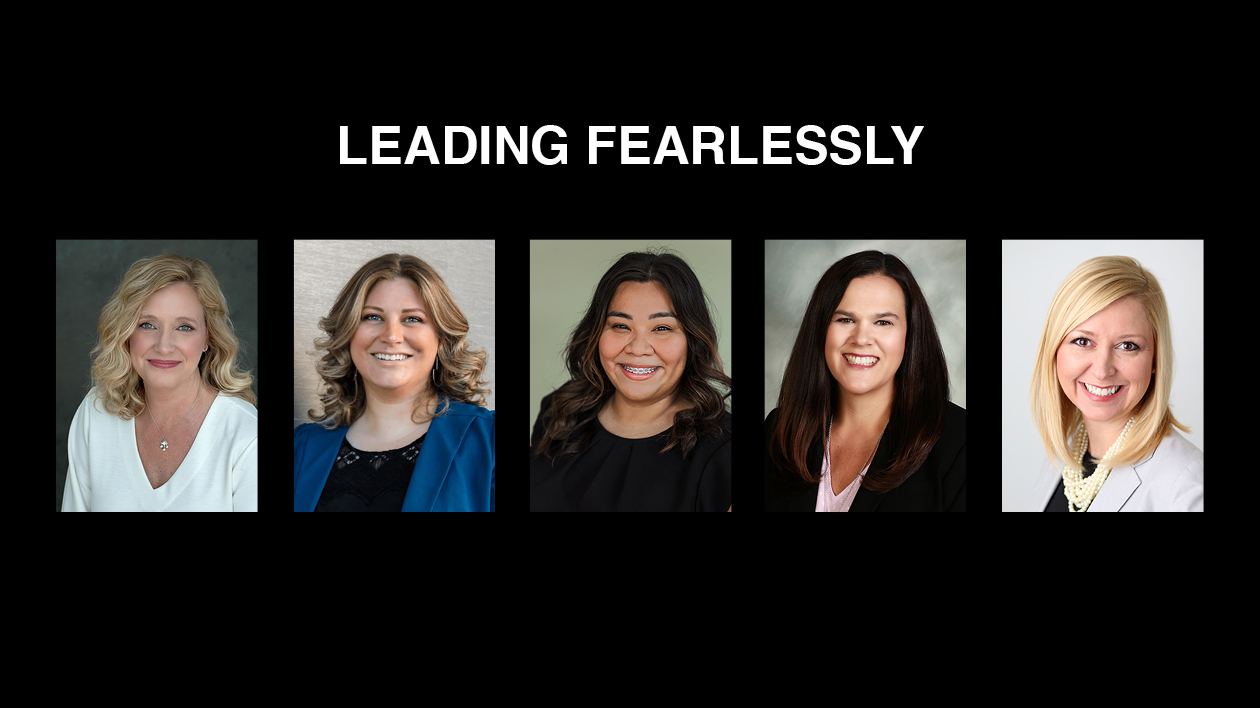
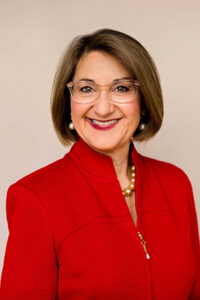
When I was just entering the business world, I became friends with a retired CEO through the board of a nonprofit organization. While this man was not a formal mentor, he took an interest in my career and often offered advice based on his many years of experience and success. He was generous in helping me think through several tough negotiations, encouraging me to roleplay conversations in advance so I could be practiced in my responses. His counsel gave me insight and confidence, and I still use some of his negotiation tactics today.
Mentoring programs are a part of today’s workforce. According to Forbes, 100% of U.S. Fortune 50 companies and 84% of U.S. Fortune 500 companies have formal mentoring programs. Formal mentoring was unusual in my early career, but it was common for senior leaders to serve as role models or take younger folks under their wings to show them the ropes. Since there were few women in business at that time, I generally turned to male leaders for advice and benefited greatly from their support and guidance.
Mentoring can be especially valuable for women. A Women Ahead survey showed that 82% believe that mentoring relationships help foster meaningful connections between mentors and mentees, across departments and within organizations. However, a separate Forbes article reported that the majority of people opt for same-sex mentors; 69% women turned to other women and 82% of men turned to other men for this type of support.
While it is gratifying that there are more women in senior positions to turn to today, it is important for women to seek out males for mentorship as well. Women can learn and benefit from leaders of all genders. However, according to research released in 2023 by LeanIn.org and Survey Monkey, men in today’s #MeToo era are more hesitant to spend time with women, saying, “60% of managers who are men are uncomfortable participating in a common work activity with a woman, such as mentoring, working alone or socializing together.” That means that we need men to intentionally and actively support women at work.
With this in mind, I turned to local leaders and asked about male mentors whose support was key in their development and advancement – and why male mentorship was so important to their careers.
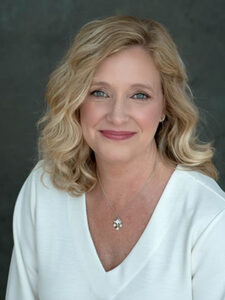
Alissa McKinney, executive director, Above + Beyond Cancer
I had many more male mentors during the early years of my career in the 80s. As a student at Simpson College, I had a male mentor who encouraged me to think bigger. I met him when I was on the student paper, always asking questions. He saw something in me that I had not realized yet. He challenged me. He had high expectations. We are still in touch, and he still is one of my biggest fans. Does it matter today that I had the early influence of male mentors? No. I have had many mentors, both female and male, since that time who have all played a critical role at different times. I believe what is most important is having the right mentor at the right time in your career. My first mentor saw my potential and that is exactly what I needed.
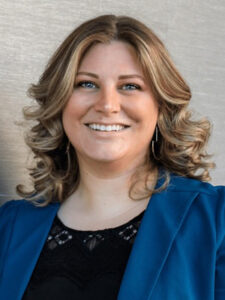
Emily Mendez, director of development, Proteus Inc.
I have had the privilege of being mentored by Daniel Zinnel, Ph.D., CEO of our organization, Proteus Inc. Daniel introduced me to a wider professional network, connecting me with influential leaders and opportunities I would not have otherwise accessed. Daniel also nominated me for the Forty Under 40 award, which has connected me with 39 amazing individuals and inspired me to uplift and nominate others for recognition. Daniel provides a safe space to springboard ideas, and he offers guidance and gentle feedback when he sees an opportunity for growth. Additionally, Daniel encourages his team to bring their whole selves to work. We cannot separate our work identity from our sexual orientation, our parenthood, our mental illness, our disability, our race, or any other identity. Daniel’s example and leadership grants space to be my whole self, which allows me to bring my best work to advancing our mission of empowering farmworkers.
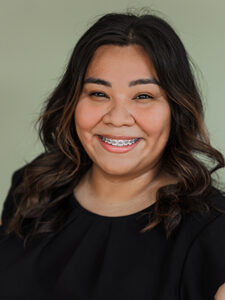
Stacey Robles, DEI program manager, Greater Des Moines Partnership
I recently had the pleasure of meeting two inspiring community leaders who helped me recognize the importance of finding mentors from many different backgrounds.
They emphasized the importance of seeking out mentors who can guide you on your journey and stressed the value of finding a mentor in the career or role you aspire to. These eye-opening conversations prompted me to rethink mentorship. I asked myself if it was OK to have more than one mentor and realized I had no male mentors, an area I wanted to explore further.
I also participated in a recent training that further underscored the importance of finding not only great mentors but also male mentors, especially those in senior leadership roles that you aspire to hold one day. I am now working to expand my mentor network to help me grow in my career.
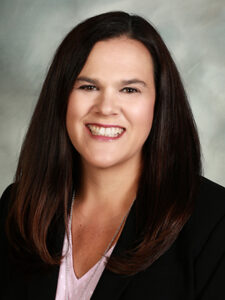
Lezlee Schutty, EVP, Chief Credit Officer
Banking has traditionally been more of a male-dominated industry, especially in commercial lending credit administration. Since I have spent most of my career in this field, I’ve had several male mentors who positively impacted my life at various stages of my career. All of them fueled my ambition to want – and have – a seat at the table so my voice could be heard. They advised me to stay my true self and not feel like I shouldn’t speak up or that I had to be more reserved when working with men. The perspectives of my male mentors made me stronger and helped me understand what qualities I needed to improve to become a better communicator, decision-maker and future mentor. Had I only received mentoring from women and not been exposed to the unique qualities of men, I know I would not be where I am today.
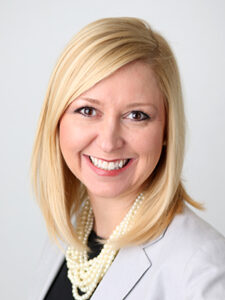
Nikki Syverson, principal, Isaacson-Syverson Consulting
One mentor I will always be grateful for is Gene Meyer. He not only instilled confidence in me, but he helped me navigate difficult situations with a thoughtful, diplomatic approach. Gene taught me that it takes patience and flexibility to make large regional projects happen, reminding me in a reassuring manner that projects of major significance are a marathon, not a race. He has a gentle and diplomatic way of leading, and because of that, his advice and guidance has been invaluable to me.
